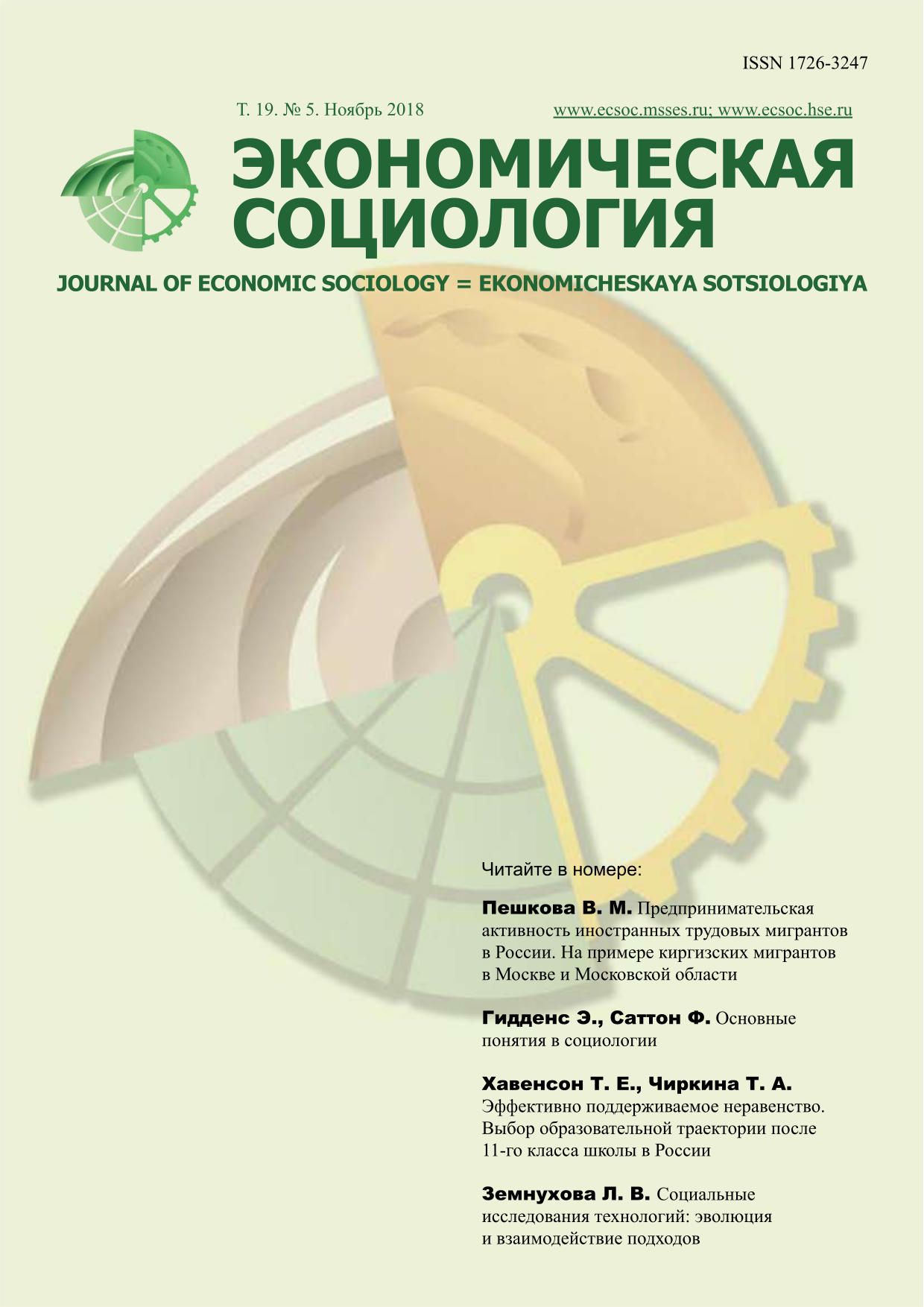From Ethnography of Organizations to Analysis of the Real Life Circumstances of People?
Book Review: Rakopoulos T. (2017) From Clans to Co-ops: Confiscated Mafia Land in Sicily, New York; Oxford: Berghahn Books. 229 p
Abstract
n his new book, Theodoros Rakopoulos uses the anthropological concept of “livelihood” as a new way to connect some big topics—the mafia, the anti-mafia movement, and cooperativism. For several decades, the mafia has aroused great interest among the general public, journalists, and vari-ous scholars: anthropologists, sociologists, and historians. In the 1980s and 1090s, the emergence of legislative framework governing confiscation by the state and the further use of the property of mafia clans were significantly influenced by the activist movements. That is why the analysis of the experience of creating agrarian cooperatives on expropriated lands through the prism of grass-roots initiatives of civil society has become dominant. However, Rakopoulos, who was observing the work of four anti-mafia cooperatives in Western Sicily in 2007 and 2009, came to the conclusion that, unlike administrators, workers are more interested in issues of wages and prices than ideology and civic participation. How do those who work on the land and are not a part of the grass-roots initiatives in the cooperative structure bypass ideology when it contradicts traditional moral codes? How do they reconcile working in an anti-mafia co-op with family and connections in the local community, where it is impossible to take a neutral or disinterested position towards the mafia? How are urban managers struggling with the “bad kinship” of local workers influenced by their own families and friends? Successively, considering the various circumstances of participants (family, reputation, neighborhood, and so on) that affect their livelihood, the researcher concludes that among both workers and managers, there is nobody who would be free from local moral and ethical norms and could look at the work of anti-mafia cooperatives through the eyes of a distant state. Therefore, the politicized cooperatives themselves, contrary to their own ideology, cannot exist as enclaves of good practice.













